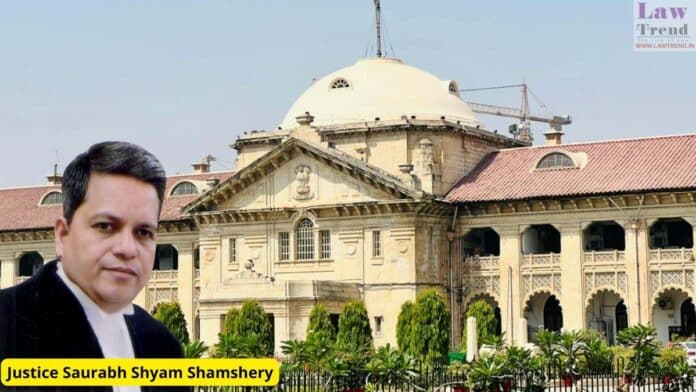The Allahabad High Court, in a recent judgment, quashed the criminal proceedings against Sanjeev Chaddha, who was accused of criminal breach of trust by his younger brother, Rajiv Chaddha. The court observed that the proceedings appeared to be a malicious attempt to exert pressure in a family dispute over an inheritance. The court also directed
To Read More Please Subscribe to VIP Membership for Unlimited Access to All the Articles, Download Available Copies of Judgments/Order, Acess to Central/State Bare Acts, Advertisement Free Content, Access to More than 4000 Legal Drafts( Readymade Editable Formats of Suits, Petitions, Writs, Legal Notices, Divorce Petitions, 138 Notices, Bail Applications etc.) in Hindi and English.




